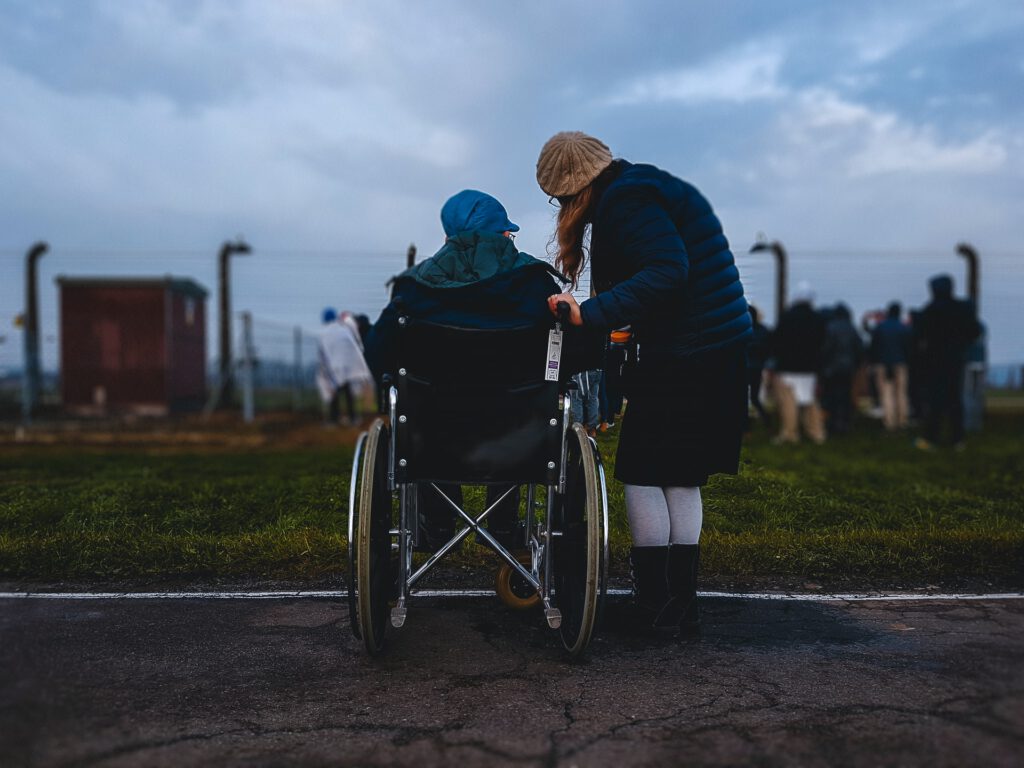What is adult social care and who is it for?

Collaborative Post
Adult social care is, pretty much as it sounds, a welfare system designed to look after adults who cannot look after themselves. This can be through physical disability, mental illness or special needs, or, simply, through ageing.
What is adult social care?
Adults who are unable to care for themselves qualify for adult social care assistance which can take a number of forms, each targeted to improve quality of life and ensure the safety of everyone. It can be something as simple as a fifteen-minute visit morning and night, to make sure the patient is out of bed, dressed and having something to eat, or that they are safely tucked in bed, clean, dry and healthy; or it can mean multiple full-time carers. It all depends on the needs of the patients and the availability of the services in question.
What kind of people use adult social care?
The primary users of adult social care are the elderly (65 years old and up) who make up almost three-quarters of all adult social care patients. The remainder are people aged 18 to 64, who are disabled, have learning difficulties, mental illness or other conditions that mean that fully independent living is not possible for them.
Dementia or not?
Many people, as they begin to age, think that the onset of dementia is almost inevitable. In fact, this is not the case. Of the large number of elderly people who access adult social care, about three-quarters do not have any cognitive issues; they are simply becoming physically too frail to continue to live in their own homes. The remaining one-quarter includes dementia patients, those who have developed mental illnesses or sensory processing issues as they have aged, or who have become anxious and fearful living alone.
The process of social care
Often, the steps into adult social care are small, beginning with a social worker being assigned to ensure the safety of ageing adults: ensuring that pensions are being received, that the person is eating well and looking after themselves. This can be a hands-off period, especially if the older person is doing well living independently. Gradually, a home-help might be employed to ensure that the home is clean (this is usually a private matter as council-run systems do not have the funding to arrange housekeeping services) and to check on the patient. The carer will make sure they are alert, have dressed themselves correctly and that they are eating well, showing an interest in life. The opposite end of the spectrum is living in a dementia-friendly residential nursing home where every aspect of the patient’s life is – necessarily – under the guardianship of the care home.
This is a step only ever taken for the patient’s wellbeing, and can come as a relief to grown-up children who have been doing their best to keep an eye on mum or dad (or even gran or grandpa!) while still meeting their own obligations. Some of the best carehomes in Somerset are found in beautiful settings along the coast, making family visits a sheer pleasure which is enhanced by knowing that your loved one is receiving the care and attention they now need.
Photo by Josh Appel on Unsplash

